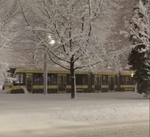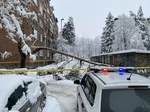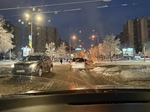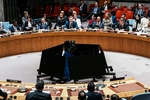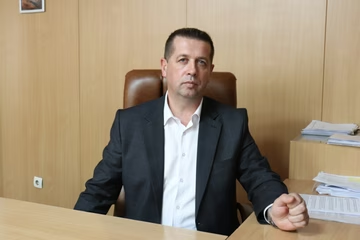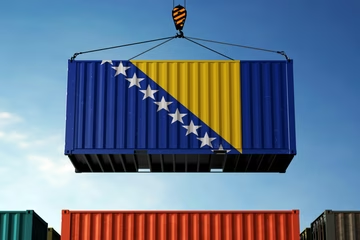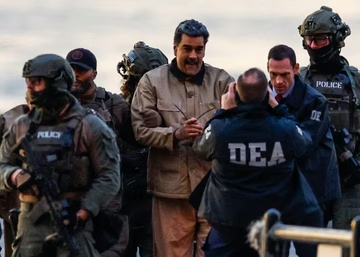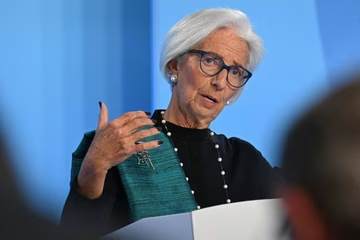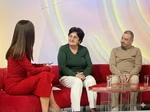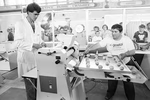Prijedor: Activists wear white ribbons in memory of 3,176 killed non-Serbs
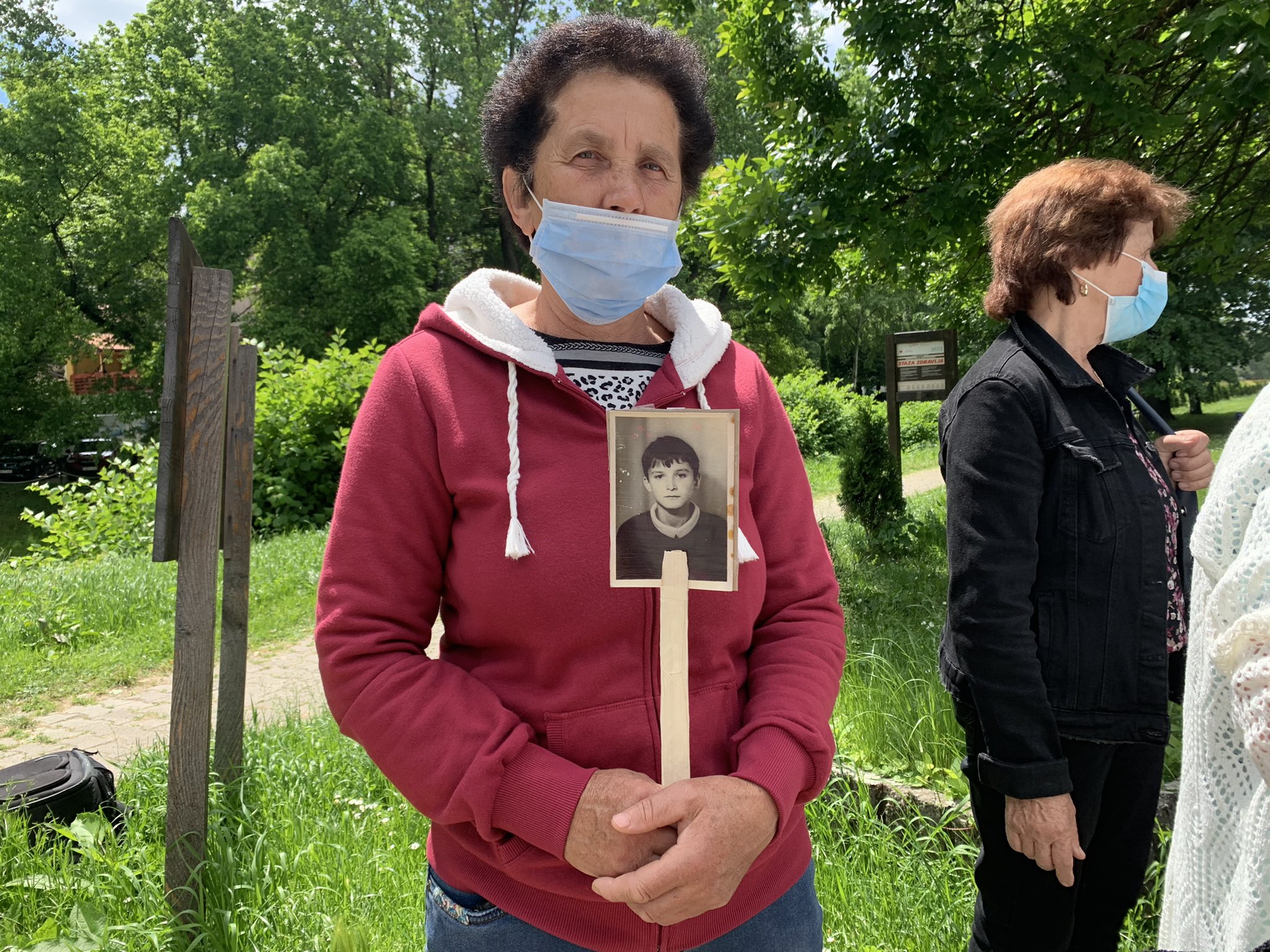
Activists and residents of the northwestern Bosnian town of Prijedor marked the White Ribbon Day by peacefully gathering, with white ribbons around their arms, at the location where a monument to the murdered children should be built, before a walk through the streets of this town, carrying white roses in their hands and photos of murdered toddlers.
Oglas
Considering the anti-pandemic measures prohibiting gatherings over 100 participants in Bosnia’s Serb-dominated Republika Srpska (RS) entity, only those carrying white roses will be allowed to take part in marking this year’s anniversary of the death and torture of all non-Serbs from the town.
The "Because it concerns me" Initiative said that the marking of this date is not limited by space and time and that everyone can mark it by wearing a white ribbon around their forearm.
Before the walk, the participants were shown the location with which the local authorities agreed to build a memorial for 102 killed children from Prijedor. During this year, it is planned to collect the necessary documentation, as well as to announce an international competition for the conceptual design, so that a memorial will be built by the next White Ribbon Day.
White Ribbon Day in Sarajevo
The White Ribbon Day was also marked in Sarajevo where the Anti-Dayton Group gathered to pay their respects and remember the horrific crime that took place in Prijedor. Among them was Semira Music who lost her brother, father and two uncles in one day, along with fifteen other neighbours and friends.
https://twitter.com/N1info/status/1399324016855375873
Oglas

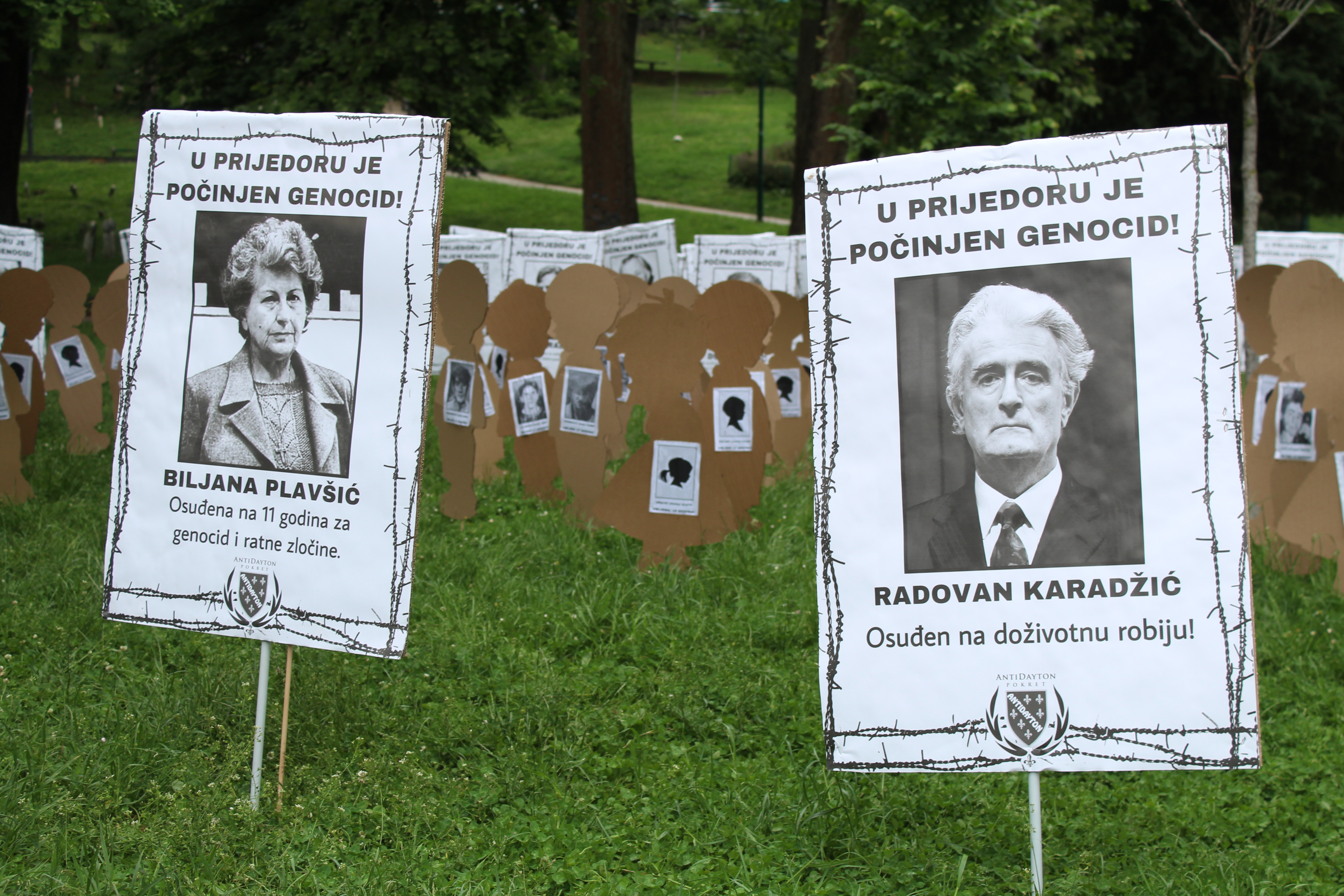


Faruk Zametica/N1 | Faruk Zametica/N1
Više
Faruk Zametica/N1 | Faruk Zametica/N1
Više
Faruk Zametica/N1 | Faruk Zametica/N1
Više
Faruk Zametica/N1 | Faruk Zametica/N1
Više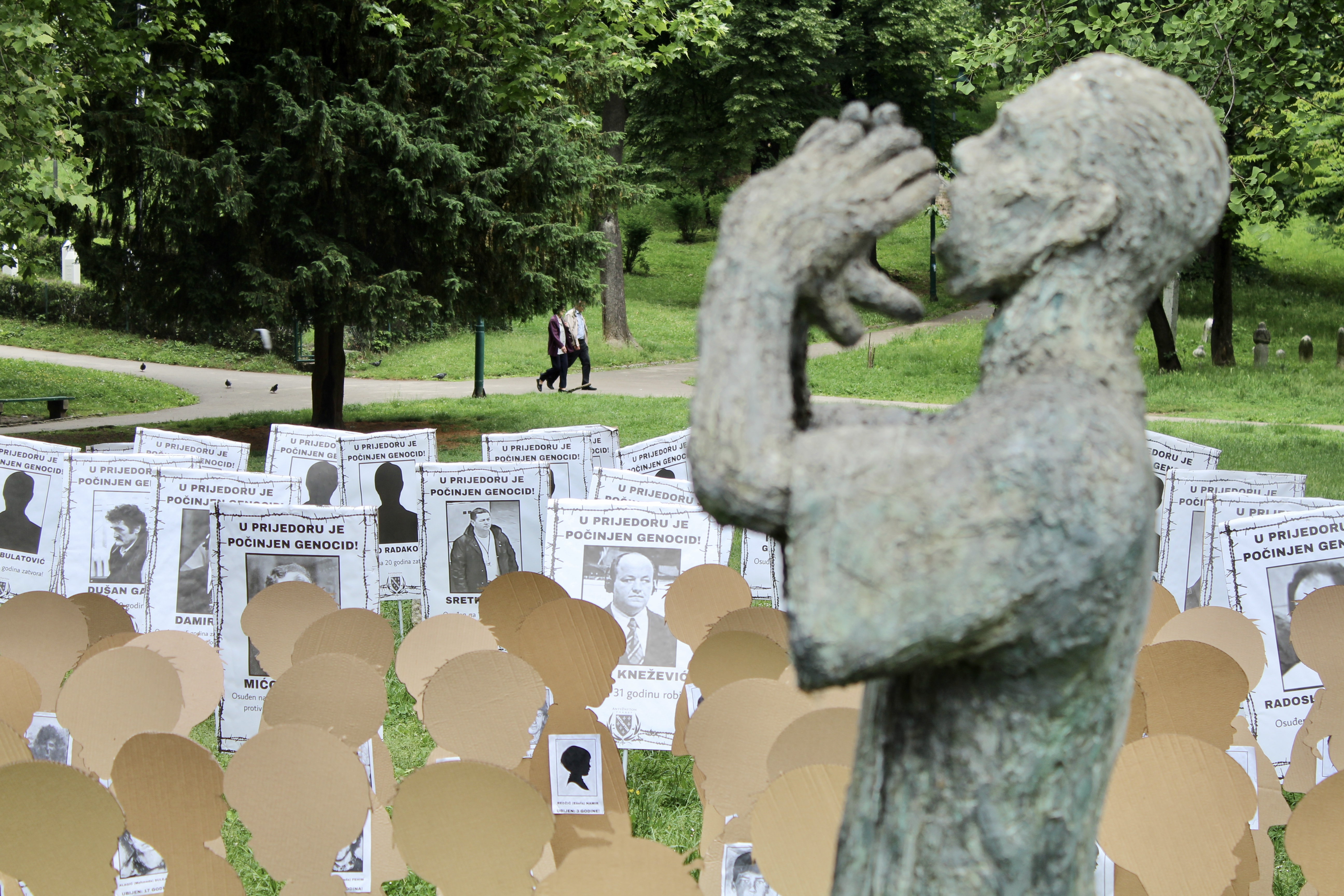
Faruk Zametica/N1 | Faruk Zametica/N1
Više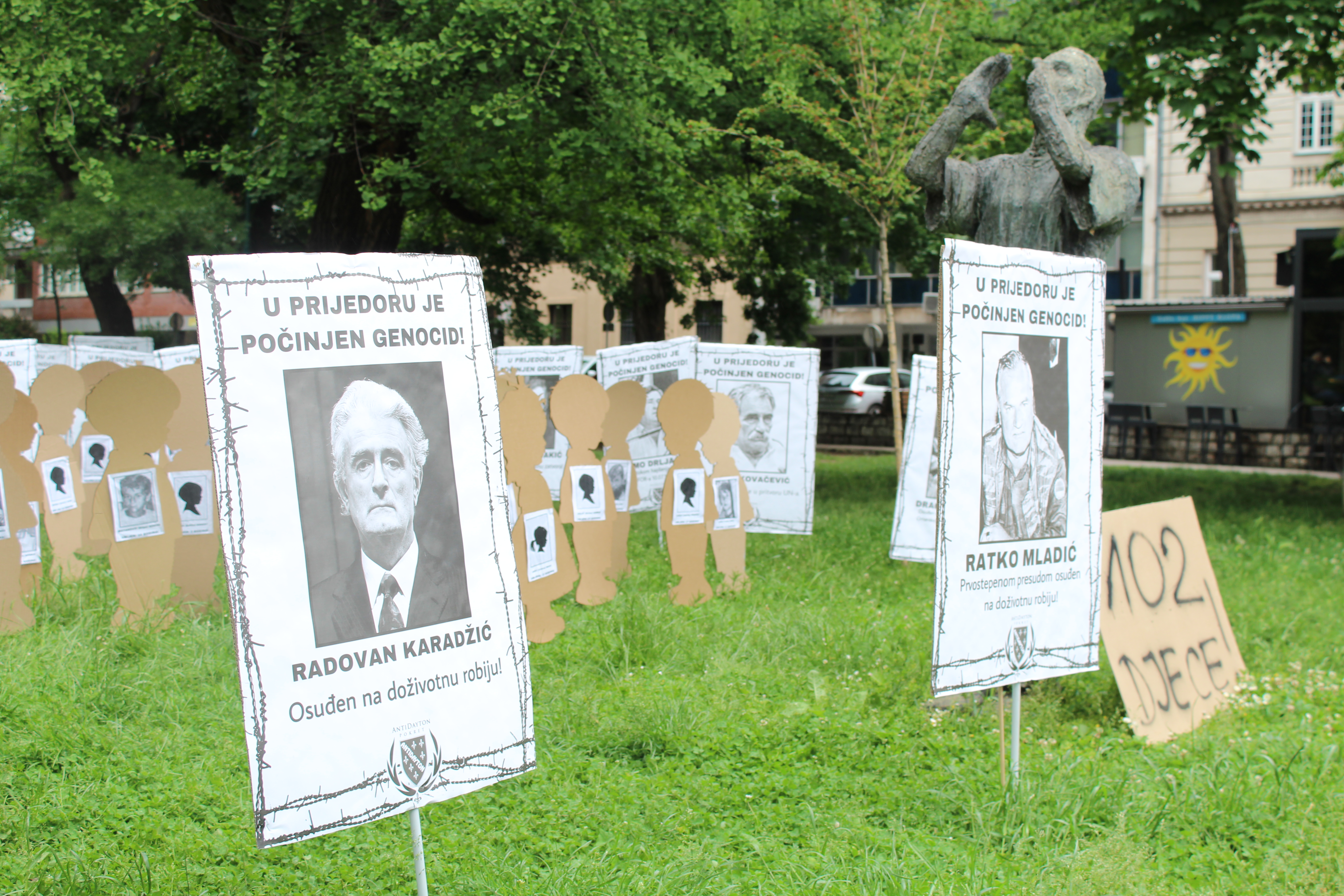
Faruk Zametica/N1 | Faruk Zametica/N1
Više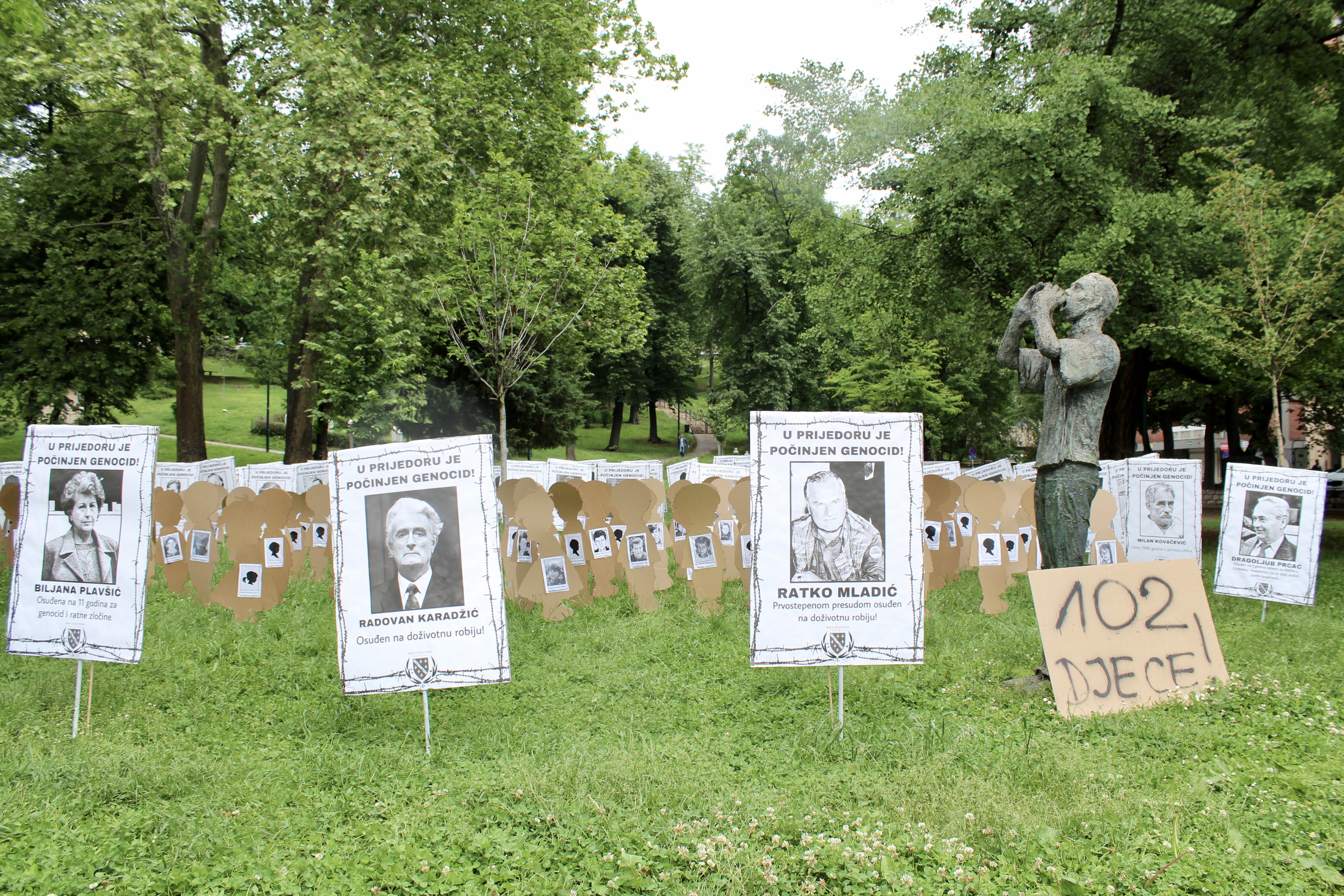
Faruk Zametica/N1 | Faruk Zametica/N1
Više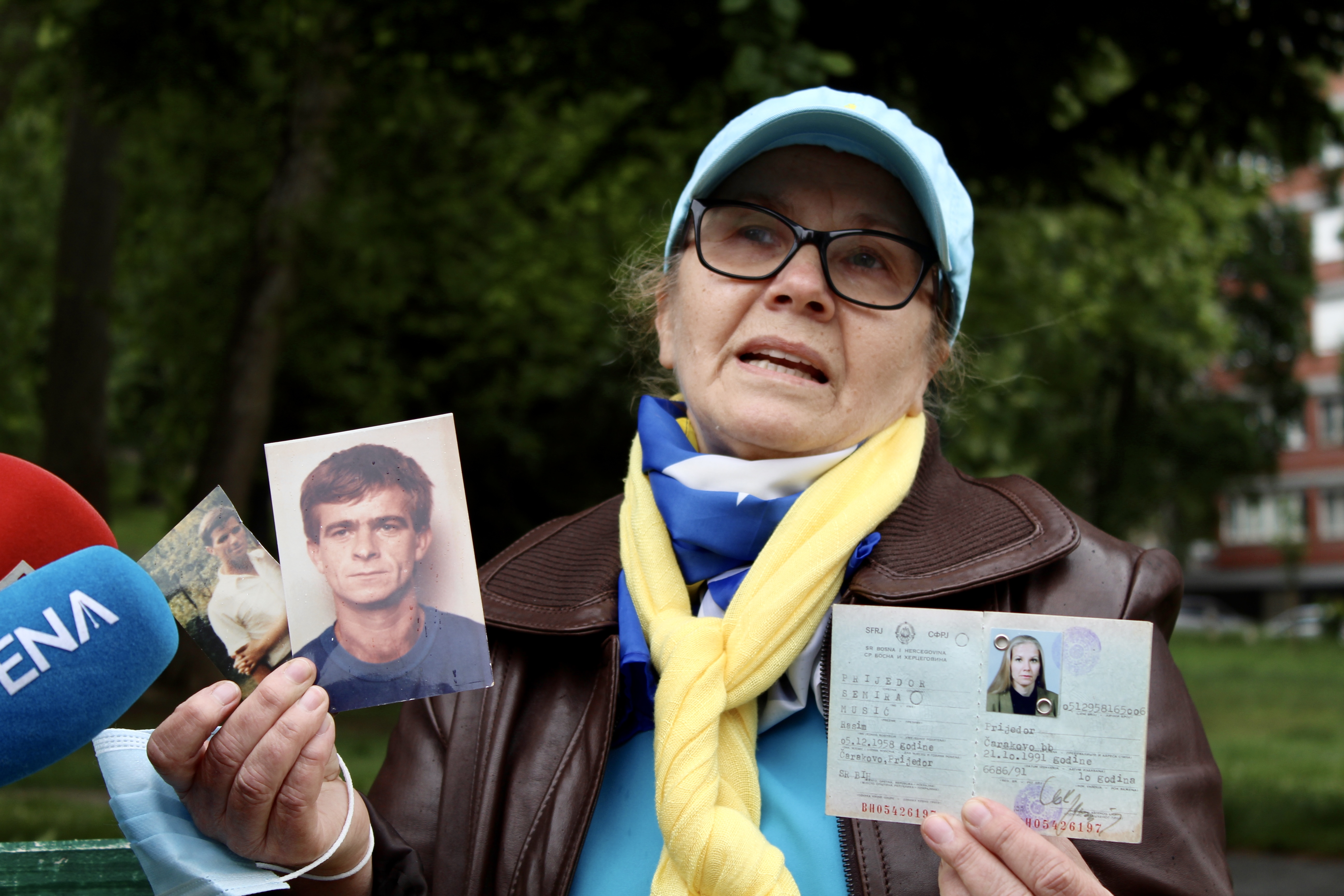
Faruk Zametica/N1 | Faruk Zametica/N1
Više
According to the Association of Concentration Camp Detainees, some 50,000 non-Serbs were persecuted and over 30,000 men, women and children of non-Serb ethnicity, primarily Bosniaks and Croats, were detained in grossly inhumane conditions in concentration camps Trnopolje, Keraterm and Omarska, as well as other detention centres.
During their detention, the victims were executed en mass, as well as raped and exposed to other forms of torture.
During the Bosnian war of 1992-1995, 3,176 residents, civilians of Bosniak and Croat ethnicity were killed in this town, 102 of whom were children.
Kakvo je tvoje mišljenje o ovome?
Učestvuj u diskusiji ili pročitaj komentare
Oglas
Kakvo je tvoje mišljenje o ovome?
Učestvuj u diskusiji ili pročitaj komentare
Oglas
NAJČITANIJE
Oglas
Oglas
Najnovije
Oglas
Oglas





 Srbija
Srbija
 Hrvatska
Hrvatska
 Slovenija
Slovenija









